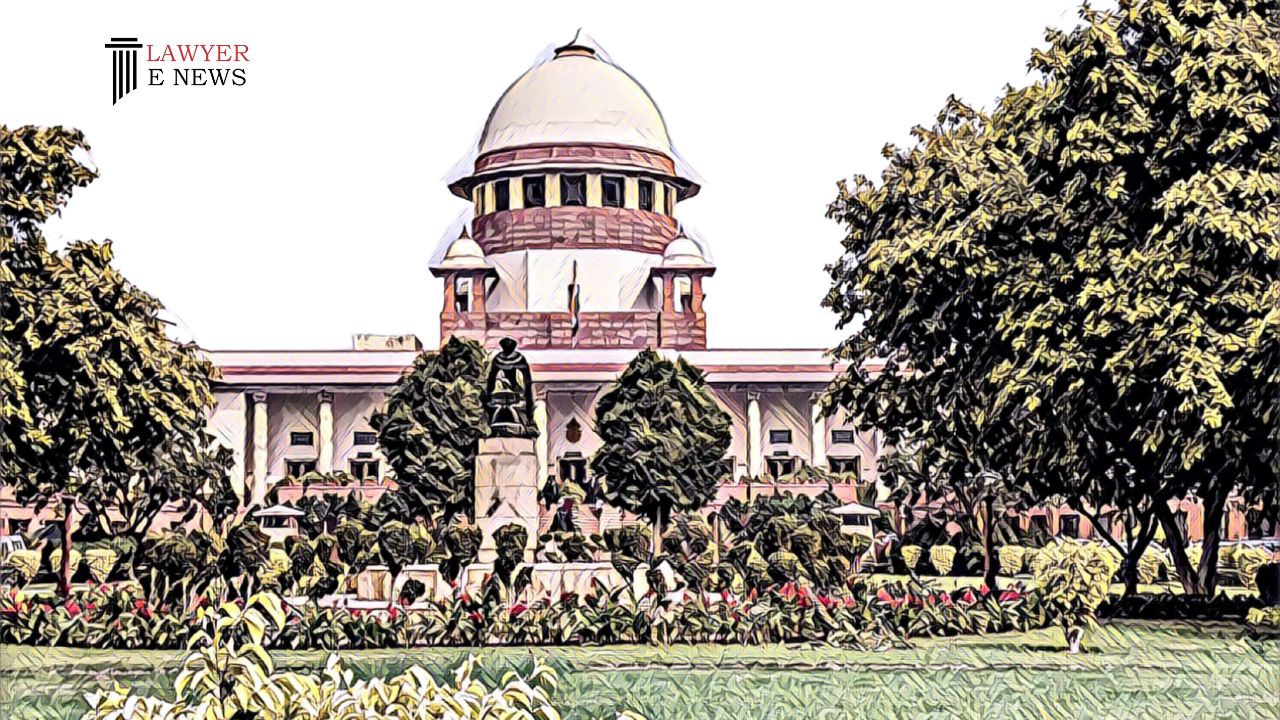-
by Admin
15 February 2026 5:35 AM



In a significant ruling, the Supreme Court of India, in the case of Shazia Aman Khan And Another v. The State Of Orissa And Others, emphasized that in child custody disputes, the welfare of the child is of paramount importance over the claims of biological parents. The Bench comprising Justices C.T. Ravikumar and Rajesh Bindal underscored this principle while adjudicating a complex custody battle involving a 14-year-old girl.
The apex court’s judgement centered around the parens patriae jurisdiction, focusing on the welfare of the child as the paramount consideration in custody disputes. The case dealt with the custody of a minor child, born a twin, and raised since infancy by her maternal aunt and her family, in contrast to the claims of the biological father.
The child, Sumaiya Khanam, later renamed Dania Aman Khan, had been living with the appellants since she was a few months old due to her biological parents’ financial difficulties. The father’s efforts to regain custody included filing an FIR, which was closed, and a private complaint that is still pending. The mother initially filed a habeas corpus petition, which was later withdrawn.
The Supreme Court thoroughly evaluated the circumstances, distinguishing between custody and guardianship, particularly under Mohammedan law. The Court noted the appellants’ willingness to ensure the child’s welfare and stability and recognized the child’s preference to remain with them. The Court engaged in a meaningful interaction with the child, who expressed a desire to continue living with the appellants.
Concluding that the child’s welfare and her preference are paramount, the Supreme Court allowed the appeal, setting aside the High Court’s order. The custody of the child will remain with the appellants, as uprooting her at this stage of life was deemed not in her best interest.
Date of Decision: March 4, 2024
Shazia Aman Khan And Another v. The State Of Orissa And Others,
